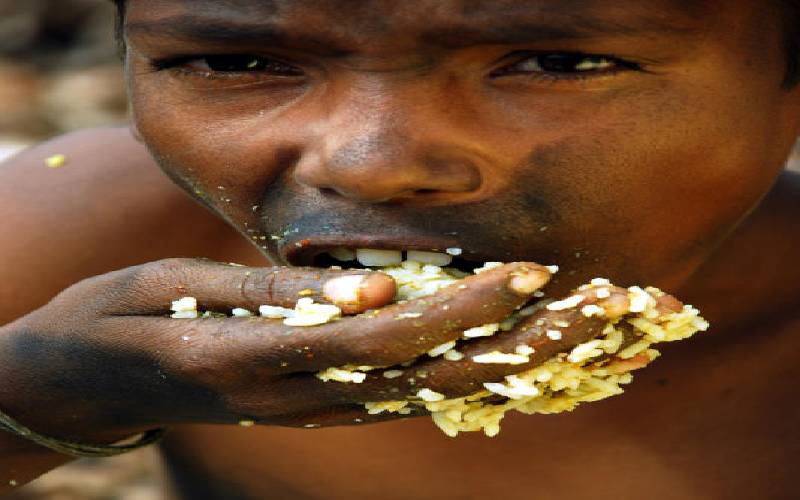×
The Standard e-Paper
Fearless, Trusted News

There has been a debate of bottom-up Vs trickle-down economic models as this nation prepares for next year's elections. The main goals of any economic policy are: uplifting the lives of the populace, alleviating poverty, and improving the human development indicators of the citizens.